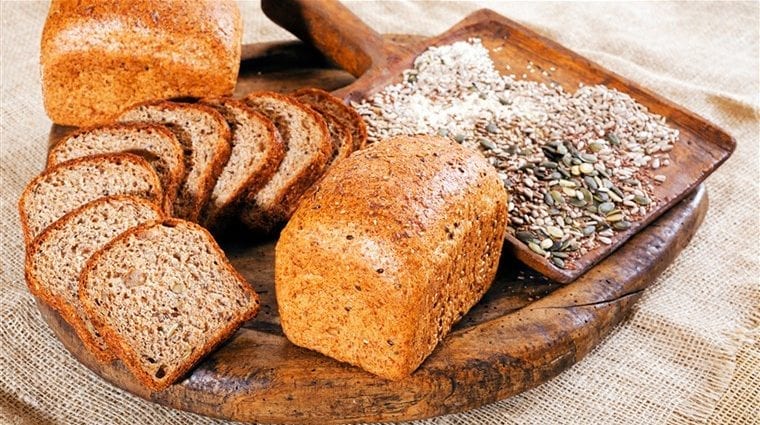Recently, it has become quite fashionable to give up carbohydrates in favor of proteins or fats. Unfortunately, most of us succumb to tempting slogans and do not think that not all carbohydrates are the same and harmful. Carbohydrate carbohydrate strife. For example, buckwheat and croissant are sources of carbohydrates, but they affect our body and health in different ways.
If you want to eat healthy and healthy, don’t be in a rush to cut all carbs out of your diet. A new study by the Harvard School of Public Health has shown that, contrary to what low-carb dieters might believe, whole grains improve health and even help you live longer.
Wikipedia: Whole Grains – a symbol for a heterogeneous group of cereal products made from unrefined and unroasted cereals or wallpaper flour – low-grinding flour containing all parts of the whole unrefined grain (embryo, grain and flower shells, aleurone layer and secondary endosperm). Whole grain products can be made from various grain raw materials, in particular, wheat, rye, oats, corn, rice (the so-called brown or brown rice), spelled, millet, triticale, amaranth, quinoa, buckwheat. The main products of the group: bread made from wallpaper wheat or rye flour, whole grain pasta, oatmeal, barley, rye flakes, cereals and other dishes made from unpeeled cereals.
Eating whole grains daily can reduce the risk of death by 5%, according to research, and if the diet is rich in such foods, this figure rises to 9%.
Bran is one of the components whole grains, the hard, fibrous outer layer of cereal grains – can play a role in the fight against various ailments. Researchers have found that a bran-rich diet can help reduce overall mortality by 6% and reduce by 20% the risk of developing heart disease, which is the leading cause of death in many countries, including Russia.
To determine the effect of a whole grain diet on life expectancy, the team used data from two well-known long-term studies (the Nurses’ Health Study [1] and the Health Professionals Follow-Up Study [2]). Scientists have tracked the relationship between cereal consumption and mortality rates in the population for 25 years. For the purpose of the objectivity of the study, they also took into account factors such as diet in general (excluding cereals), body mass index and smoking.
Remind this to your friends who are ditching oatmeal for bacon.
[1] Nurses’ Health Study – Study of a group of 121.701 nurses from 11 US states enrolled in 1976. Nurses’ Health Study II – study of a group of 116.686 young nurses out of 14
countries credited in 1989.
[2] Health Professionals Follow-up Study – study of a group of 51.529 medical workers (men) from all 50 states covered in 1986










